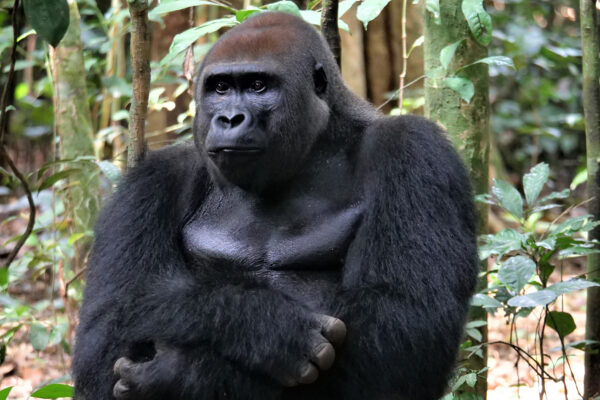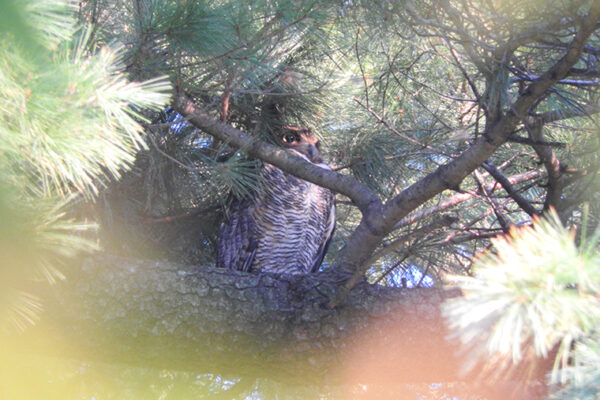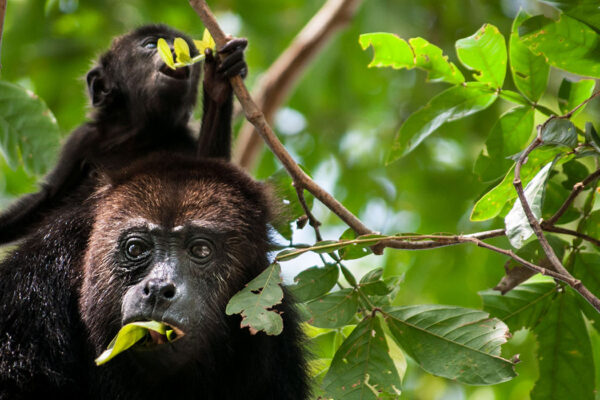Freshwater aquatic plants and animals are among the species most at risk for extinction worldwide, and mussels are the most imperiled of the freshwater animals in the United States.
A new documentary film, “Mussel Grubbing: A Citizen Science Treasure Hunt,” about a freshwater mussel biodiversity project supported by the Living Earth Collaborative at Washington University in St. Louis, kicked off the inaugural World Water Film Festival March 19 in New York, and it won “Best Documentary Film” at the festival. The Columbia Climate School’s Water Center hosted the festival as part of the United Nations (UN) 2023 Water Conference.
“When we began planning ‘Mussel Grubbing,’ we were hoping to demystify the process of scientific research and to empower members of the local community to know that they can make a real contribution to science and environmental quality in their own neighborhoods,” said Danelle Haake, stream ecologist and director of Illinois RiverWatch, who is featured in the film. “The completed film has surpassed our expectations and is helping us grow our RiverWatch program.”
A Living Earth Collaborative seed grant, awarded in 2021, helped Haake and her team initiate a long-term study of freshwater mussels in the Sangamon River basin in Illinois. Institutional researchers and citizen scientists are working together to determine how many mussels and what kinds of them live in the basin; how the mussels grow and how far they spread; the genetic relatedness of different populations of mussels; and how various stressors may be affecting mussels in the watershed. Read more about one of the recent mussel surveys on the Saint Louis Zoo blog.
The project includes collaborators from the National Great Rivers Research and Education Center, Illinois Natural History Survey, Missouri Botanical Garden, the Saint Louis Zoo and the Upper Sangamon River Conservancy.
Funding for the film was provided by a CUAHSI “Let’s Talk About Water” grant.


